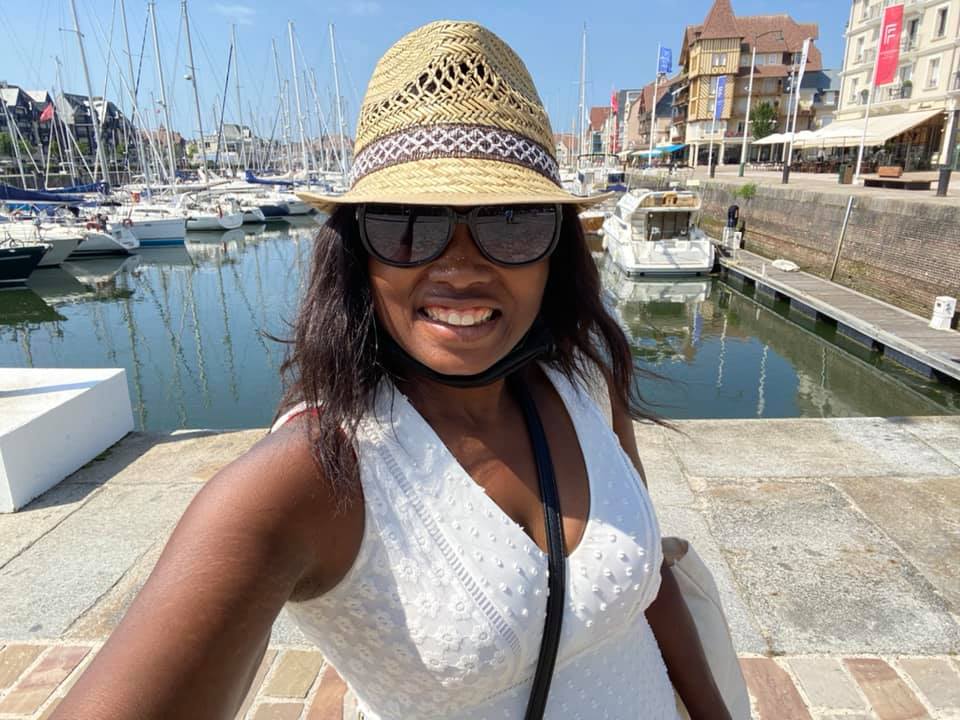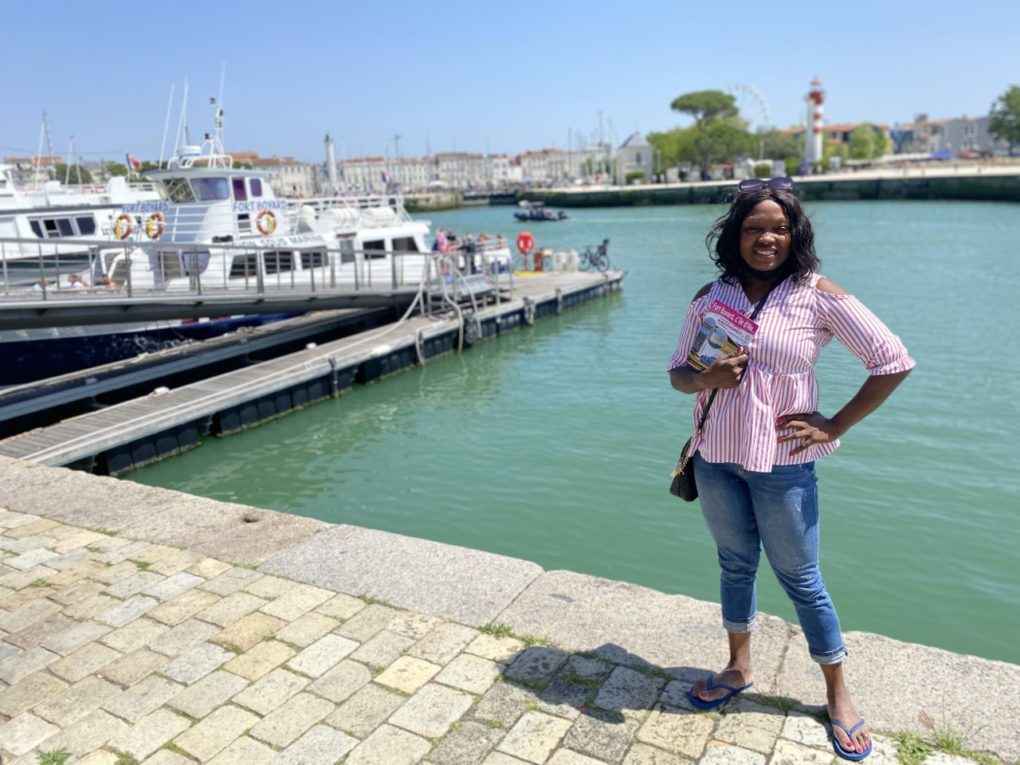If you get an email from Cemohn Sevier, there’s a quote from Audrey Hepburn at the bottom that reads: “Paris is always a good idea.” It mirrors Cemohn’s feelings on the city perfectly.
Not only has she traveled to Paris as a tourist many times, she taught English there between 2003-2009, and speaks fondly of the experience. All these years later, Cemohn is still every bit the Francophile, and not even the pandemic could keep her from the City of Light this past summer.
Now in New York by way of St. Louis, Cemohn is no stranger to living in different cities, and she’s not a fan of staying in any one place for too long. She left Missouri for Europe at 23, and credits her years in France for shaping her as a young adult. While others in their late teens or early twenties might hesitate flying across the world by themselves, she did it with abandon, and has no regrets.
“My experience living in France as a student and teacher was a very formative period of my young adult life,” Cemohn told Travel Noire. “I love that in every new city in which I’ve lived, I’ve grown in some area. I have always loved being in places where I can discover a new space, see new things, and meet interesting people. In other words, I love feeling foreign in a new place.”

Sure, Paris is romantic, cosmopolitan, and one of Europe’s most popular cities for travel, attracting record amounts of tourists each year. But what about it spoke to Cemohn, and how did she function there as a Black woman?
“I started with the French language, and then learned about the culture through my language studies,” she explained. “There are many beautiful ideas from French literature and philosophy that I appreciate, and that have shaped Western thought. When I lived there, the French way of living really suited me well.”
During her first year in Paris, Cemohn lived in an apartment, which she found through her school. This was followed by a few years in a student dorm. The last two years were spent in another apartment in one of the city’s most celebrated arrondissements, the Marais. In choosing accommodations, Cemohn considered cost, accessibility, safety, and location.
Teaching is a noble profession, and it takes a special kind of person to do it well. Cemohn earned the trust and respect of her students, ranging in age from older teenagers to adults. They asked her many questions about her experience as an American, and American culture in general.
Her level of French was already proficient, a pleasant surprise for the students. Whenever there was a language barrier, Cemohn, with her usual resourcefulness, found a way to bridge the gap.

“The Americans the students met before me either spoke very little French, or knew nothing beyond bonjour,” she said. “Most students had a pretty good level of English, since French people usually start learning it in middle school. They are required to continue with language studies until the end of high school. Most of the adults I taught had to re-learn English for work reasons.”
Cemohn worked part time as a teacher in Paris while studying, before transitioning to full time for two years.
“I spent most of my time teaching in educational facilities such as high schools, or gave private lessons to professionals. Through these experiences, I learned so much about the French educational system and the corporate world in France. Even now, it’s been invaluable.”
Not matter what the setting, Cemohn was treated well as a Black woman, because of her nationality.
“I never felt any discrimination because of my race,” she said. “But I did notice that formerly colonized peoples from Africa or the Caribbean received harsher treatment than I ever did.”
This observation is consistent with the accounts of Black people and others of color living in France. The nation prides itself on the principles of égalité and fraternité, but isn’t quite as colorblind as it thinks. The “we are all one” approach is sound in theory, but is belied by France’s refusal to address racism, and its role as a colonial superpower in the past.
When Cemohn needed a breather from teaching and studying, she took advantage of the proximity to other countries.
“Living in Europe was a fantastic way to satisfy my wanderlust. I was able to travel to other parts of France, as well as the UK, Italy, Spain and Portugal.”
The warmth and relaxed vibe of the French and Italian Riviera resonated with her the most.

In addition to furthering her appreciation of French culture, Paris sparked the birth of another passion in Cemohn’s life. Running keeps her fit physically and is a great way to counter stress.
“I started my running journey in Paris, and continue to do it to this day. My favorite place to run was Parc Monceau in the 8th district, and Bois de Boulogne in the 16th.”
If you aren’t familiar with these districts, they are both among the most upscale in the city. The 8th is where you’ll find the Champs Elysées, with its luxury shops, and the 16th has wealthy residential neighborhoods like Trocadero, Passy, and Auteuil.
An accomplished athlete, Cemohn has done marathons in Germany and Japan among other places, which she’s happily shared on social media. But as memorable as they were from a cultural perspective, France comes out on top for her each and every time.
There’s another quote in Cemohn’s emails, just below the one by Hepburn. It illustrates how Cemohn lives her life, and teaches a lesson about living each day with gusto and purpose.
“Do what makes your heart sing!”





